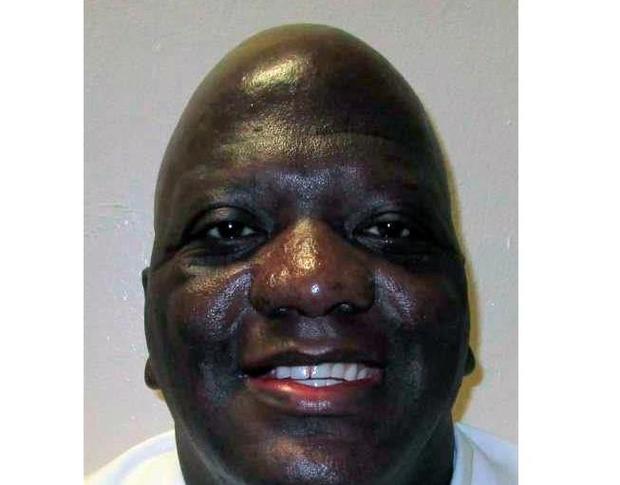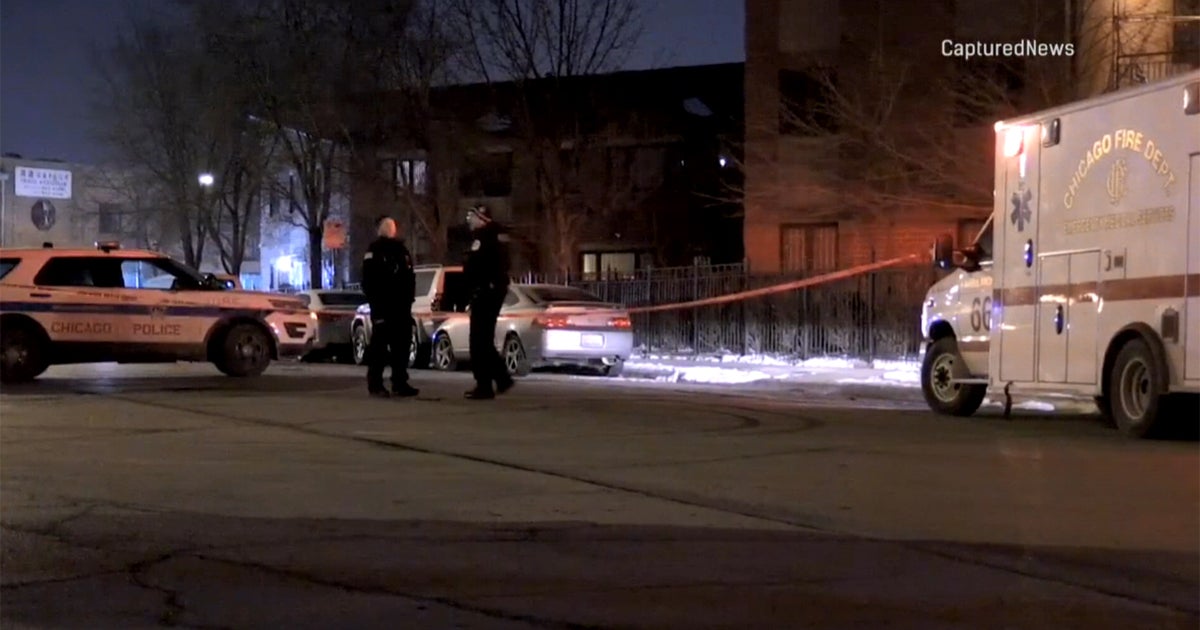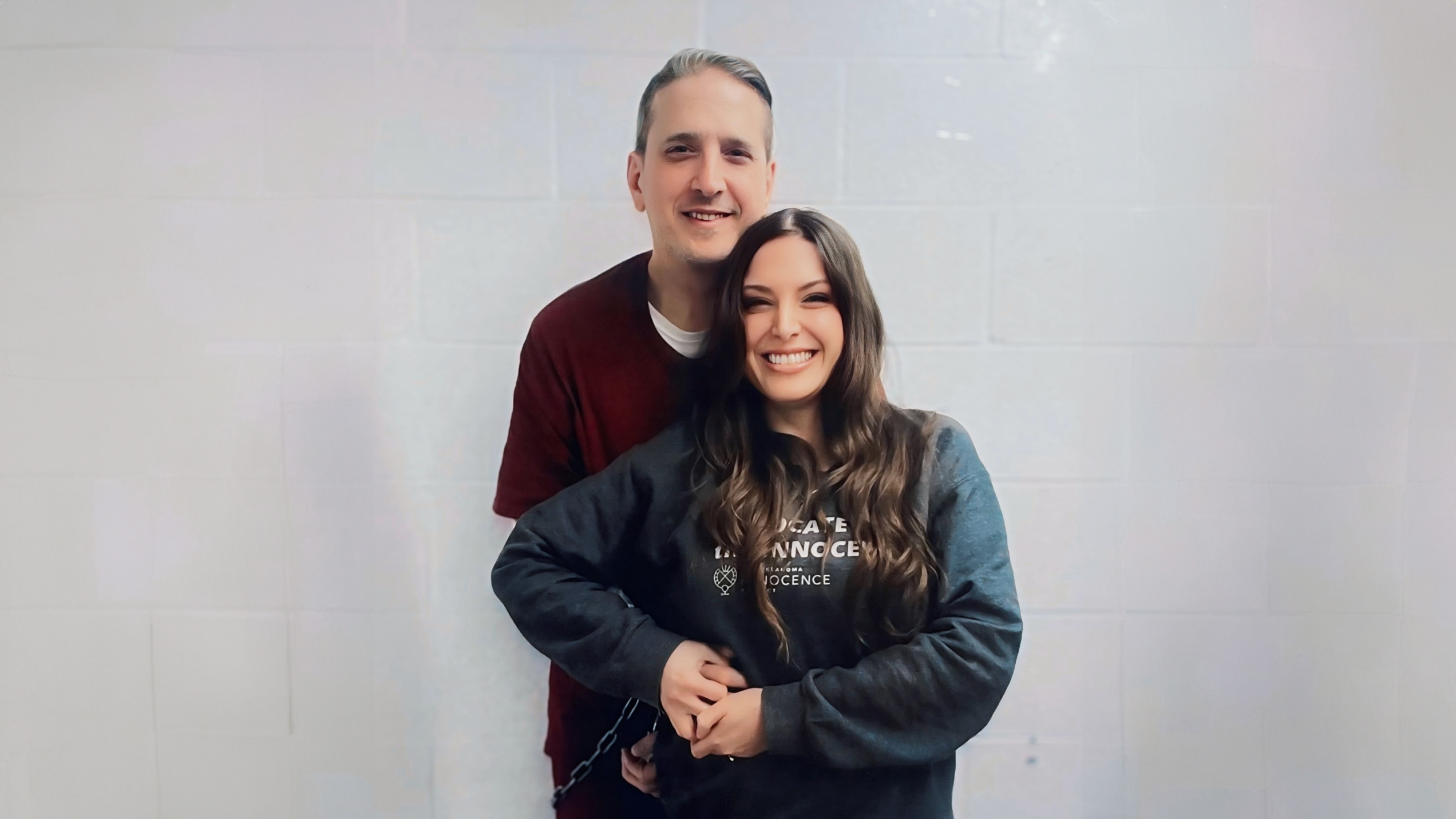Alabama trying to be first state to put someone to death this year but federal court has execution on hold
Montgomery, Alabama — Alabama is seeking to carry out what would be the first execution by a state in 2021, that of a 51-year-old inmate convicted of the shotgun slaying of a police detective's sister decades ago.
The 11th U.S. Circuit Court of Appeals issued a stay blocking the Thursday night execution, but the state is expected to appeal that decision.
Willie B. Smith III was scheduled to receive a lethal injection at a south Alabama prison for the 1991 murder of Sharma Ruth Johnson in Birmingham. Prosecutors said Smith abducted Johnson, 22, at gunpoint from an ATM, stole $80 from her and then took her to a cemetery where he shot her in the back of the head.
Judges on the 11th Circuit stayed the lethal injection to give time to consider defense claims that the state failed to give the man, who has an IQ of below 75, required assistance with forms impacting the timing of his execution. The Alabama attorney general's office in court filings disputed that Smith is disabled and called it a last-minute maneuver to delay the execution.
The court also issued a separate ruling on religious grounds saying Alabama cannot execute Smith unless they allow his personal pastor in the execution chamber.
If the execution goes forward, it would be the first by a state in 2021 and one of the few at the state level since the start of the COVID-19 pandemic last year. According to the Death Penalty Information Center, no state has had an execution since last July 8.
After a 17-year hiatus on federal executions, President Trump resumed them in July. By December, the U.S. government had executed more people within the year than all the states that still conduct executions. The U.S. put 13 people to death before President Biden took office, including three this year.
A jury convicted Smith in 1992 in the death of Johnson, the sister of a Birmingham police detective.
Appellate courts rejected Smith's claims on appeal, including that his lawyers provided ineffective assistance at trial and that he should not be executed because he is intellectually disabled. Court records indicate a defense team expert estimated his IQ at 64 while a prosecution expert placed it at 72.
Last-minute court filings in the case have also centered on concerns about the coronavirus outbreak and Smith's request to have his personal pastor present in the chamber for the execution.
The 11th U.S. Court of Appeals on Wednesday reversed a district judge and said Smith should be allowed to have his pastor in the chamber.
"Mr. Smith pled that he believes that the point of transition between life and death is important, and that having his spiritual advisor physically present at that moment is integral to his faith," Smith's lawyers wrote in court documents.
In the past, Alabama had routinely placed a prison chaplain in the chamber who would pray with an inmate if requested. The state stopped that practice after Muslim inmates asked to have an imam present. The prison system said it would not allow non-prison staff in the chamber and ended the practice of having the prison chaplain present. The change undercut claims of unequal treatment between inmates of different faiths.
Smith's attorneys have also argued that an execution would be a super-spreader event. Some COVID-19 cases have been linked to recent federal executions.
The Department of Corrections has changed some procedures in the face of the pandemic. The prison system is limiting media witnesses to the execution to one journalist, a representative from The Associated Press.




